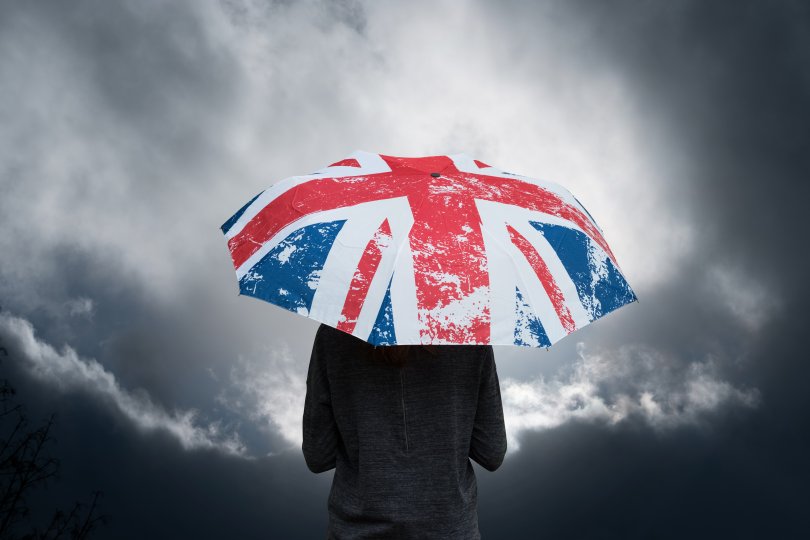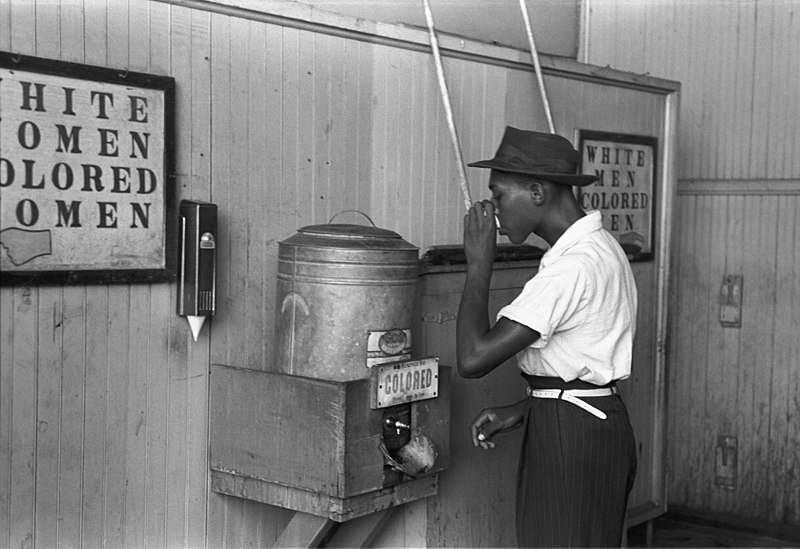
Democracy
How can ineffective ideas be imposed? Even when the elites who promotethem are not able to impose them through their vested interests? Economists Murat Iyigun, Avner Seror and Jared Rubin propose an explanation that places the influence on the culture of the society as a central element.
At every meeting of former US President Donald J. Trump, it is impossible to miss the Make America Great Again cap that is screwed onto his head and those of his supporters. What is the significance of this phrase? What does it say? This glorification of the past is a good starting point for understanding the 'cultural renaissance theory' proposed by economists Murat Iyigun, Avner Seror and Jared Rubin. It argues that the Republican candidate's rise to prominence and even to the White House is primarily the result of decades of conservative cultural change that is now bearing fruit, albeit against the country's dominant institutional and cultural trajectory.
Similar movements are emerging around the world. Turkey is led by Recep Erdoğan. Brazil has had Jair Bolsonaro. In France, Marine Le Pen keeps getting closer and closer to the presidency, while Éric Zemmour fuelled debates with ultraconservative ideas throughout the 2022 presidential election. For our trio of economists, these events have an origin. They propose an explanation.
They argue that when elites have limited institutional power to block policies against their interests, they act indirectly by influencing citizens and their culture. Why did the UK leave the EU despite the benefits of free trade? Why do states implement innovations and public policies that do not benefit the welfare of the majority? Why do states stop using technologies that seem important without society itself putting constraints on their use? In the end, it is not always useful to repress them if citizens are instead conditioned to stop using these technologies. When a society develops, there are opposing forces at play, with people who don't want to see development happen. While these forces do not have the authority to directly block change, they can change the culture, for example by offering public goods and innovations to citizens who share their cultural trait.

Picture by Shocky on Adobe Stock
Many political economy studies argue that it is the vested interests of elites that hold back change. But how can we explain recent cases, where, like Trump's rise to power, elites lack the power and influence to prevent the most efficient modes of production from taking over? According to the theory developed by the economists, elites can try to target the provision of public goods to those who have the 'cultural capital' complementary to the innovations or public policies that benefit them. In a kind of circular operation, this provision of goods promotes the transmission of cultural values that are compatible with inefficient innovations and public policies.
To ground their model, researchers first looked at the American South during Reconstruction (1865 - 1877). Defeated and in the minority, it was by no means clear that white planter elites would maintain their political and economic power. Poor whites and liberated blacks vastly outnumbered them, and shared a common experience of poverty. Political changes favourable to this majority would certainly have improved the economic prospects of most people in the southern territories. Opening schools to all would have been more economically beneficial through access to education. However, the white planter elites might thus have lost political power to groups attempting to unite the poorest, regardless of their skin colour, into an electoral bloc. Instead, it was at this time that the Jim Crow segregation laws were put in place. They established racial distinctions in transport, housing, employment, education or health. The strategy of white elites to provide public goods that favoured whites served to exalt a 'white identity' and propose an organisation of society around racial traits rather than economic conditions. This ultimately allowed white elites to strengthen their grip on the economy and politics of the South. To explain it through the model, a cultural revival of racist values encouraged poor whites to align themselves with white economic elites, thus facilitating political changes that reinforced old economic and political structures.

Picture by Russel Lee on Wikimedia Commons
The second case cited in the study provides an insight into how elites use this complementarity of cultural traits to maintain power. Turkish President Recep Erdoğan was elected in 2002 on the promise of being a moderate Islamist. However, he began to take a more religious 'turn' in 2010, even as his rule became increasingly authoritarian. The "theory of cultural revivals" can explain this shift. Once again, it was long-term cultural changes that permeated society that allowed the Turkish president to strengthen his power. Erdoğan has benefited from decades of investment in religious education, particularly through the Gülen movement, which has slowly eroded the secular foundations of the Turkish Republic.
The Turkish Republic, proclaimed in 1923, has long been structured around a strict secularism "à la française" with elites working in this direction. It implemented many reforms, motivated by the fact that the returns on secular education and human capital increased significantly after the industrial revolution, while the economic productivity of conservative Ottoman society had long stagnated. Yet underneath, Islamist movements took root. The seeds of this cultural revival were sown at the end of the one-party era in Turkey in 1950, when Islamist groups intensified their social and political activism. Gradually, under the leadership of Fethullah Gülen, madrasas and Islamic schools regained ground. The Gülenist schools served to exalt Turkish conservatism and the Islamist culture grew to become very important after the 1990s. The 'religious shift', the provision of services that correspond to the expectations of citizens who share their cultural trait, has allowed President Recep Erdoğan to remain in power and even to strengthen his hold, even as the political balance has shifted.
According to the model, the rise of conservatism in the West is a symptom of profound cultural changes that have been taking place over the last few decades. In France, the growing prominence of Marine Le Pen and the Rassemblement National, as well as the much-discussed emergence of candidate Éric Zemmour, shows the rise of a strong identity culture over many years, in line with the political trajectory and national obsession of Jean-Marie Le Pen.
The two participants in the 2022 presidential election proposed reaffiliating themselves with a legacy from the past, "a certain idea of France" that had built up very gradually in conservative circles. Beyond these two figures, the theory of cultural revivals can help to understand the dynamics that has brought them to the threshold of power and to given them an incresingly louder voice in the national debate.
Through reminders of the past, they speak to citizens who see themselves less and less in the evolution of society, despite its inevitability. To reinforce this conservatism, the proposals of the two candidates move in the direction of this inward-looking country, which can be considered as less effective, such as leaving the European Union or closing the territory and limiting immigration, whereas it has been shown that immigration is beneficial to economic development. Gradually, the proportion of society in favour of these ideas is growing The model explains that the distribution of political power follows the distribution of cultural norms. If 50% of a society is made up of citizens who are in favour of withdrawal, then power will reflect this. However, if the culture is influenced, if there is a conservative renaissance, then politicians, who are themselves of the people, will follow. This also potentially explains the more assertive presence of themes previously reserved for the extreme right, such as security or immigration, to match the cultural traits of society.
We can then ask ourselves about the democratic institution itself. Does it carry the seeds of conservatism within it? And as technological changes become more and more advanced with the development of artificial intelligence or surveillance technologies, for example, will these strengthen the powers that be or create new cultural divides?